Business expertise
Logistics and distribution performance
Logistics is entering a new era. Faced with rapidly changing customer demands, the democratization of new technologies, a rapid rise in environmental awareness and pressure on the availability and motivation of resources, the challenges are enormous and the modernisation initiatives numerous.
Your challenges
Between technological change, strong customer demands and financial constraints, companies need to optimize their logistics and distribution network, while limiting their carbon footprint, a major new challenge.
Omnichannel
- Adapting to multiple preparation and distribution methods (physical shops, marketplaces, etc.)
- Manage returns flows (unsold goods, warranties, breakages, recycling)
- Implement appropriate processes and use management tools (OMS, POS, WMS, TMS) to manage all logistics flows
Decarbonization
- Setting up HQE warehouses
- Developing decarbonized transport
- Redesigning distribution and returns networks
Performance and service
- Strategically organizing the distribution network
- Strike a subtle balance between service levels, a real competitive advantage, and economic performance, which remains essential
Technological breakthrough
- Revolutionizing and optimizing distribution with the arrival of new technologies (AI, IoT, Big Data)
- Significantly optimize flows and costs thanks to connected and adaptive warehouses and agile distribution networks coupled with intelligent calculation engines
Reducing drudgery
- Reduce the loads to be handled and the repeatability of tasks
- Avoid musculoskeletal disorders, which have serious social and financial implications
- Work on ergonomics and handling aids (robots, cobots)
Our convictions
Targeting high-impact actions for your environmental strategy
- Measuring what already exists and identifying the areas for improvement and their importance will enable you to define an ambitious and realistic trajectory.
- Targeting high-impact actions rather than symbolic ones delivers tangible gains that fuel the momentum for change.
Implementing pragmatic, appropriate solutions
- The solutions you implement must deliver real added value, not just be fashionable.
- Feasibility, real performance and robustness must guide your choices for your distribution.
Aligning your organization with your ambitions
- The solutions you implement must enable you to support your company’s strategy.
- Preparation and delivery times, distribution costs, customer services and internal/external ratios all need to be aligned with your business strategy and financial constraints.
Tools to improve your distribution performance
- Having the right tools, whether hardware (mechanization, fleet, etc.) or IT (OMS, WMS, TMS/DMS), is a prerequisite for the performance of your business.
- The judicious use of new technologies (AI, Big Data, IoT) also brings major competitive advantages in many areas (route optimization, picking organization, omnichannel management, etc.).
Converging on best practice
- Converging with best practice, while retaining your own business specificities, enables you to move closer to the standards of market tools, thereby minimizing deployment costs and IT technical debt.
- These best practices also enable you to challenge the habits ingrained in your teams, which can be a source of non-performance.
Our solutions
and expertise
You want to improve your distribution performance so that you can serve your customers even better, while controlling costs and respecting the environment. Our expertise extends to every link in the distribution chain.
Diagnosis and performance
- Distribution diagnosis
- Omnichannel diagnostics
- Operational optimisation of warehouses
- Redefinition of organisations and processes
Design of flows and layouts
- Definition of target transport flow diagrams
- Warehouse capacity optimization
- Network capacity optimization (shops, marketplace, etc.)
- Warehouse design
- Logistics and operational design of shops
- Operational implementation and change management
Modernising your distribution tools
- Opportunity study, assistance with choice and implementation of OMS, WMS and TMS
- AI, Data Science and IoT for distribution
- Mechanization of warehouses
- Optimizing routes and filling
Decarbonizing distribution
- GHG assessment of physical flows
- Ecological transition of warehouses
- Decarbonization of transport
- Management of returns and the 2nd life of products
Selection and implementation of your partners
- Help in selecting and implementing 3PL
- Management of transport tenders (road, sea, air)
Our certifications and training
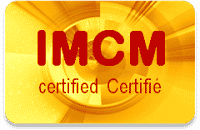
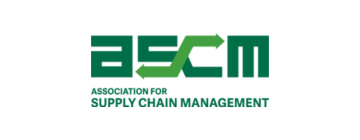
Your gains

Quality of service
- Increase in the customer service rate (OTIF, etc.)
- Improving reliability and reducing lead times
- Improved customer experience
- Enhanced service offering
- Reduction in errors and disputes
- Increased traceability

Operational performance
- Optimization of storage and transport resources
- Improved team productivity
- Optimization of logistics operating space
- Reduced carbon footprint
- More efficient and harmonious internal and external collaboration (other functions, service providers, etc.)

Financial optimization
- Net reduction in internal and external costs
- Secure your budget and invoicing process
- Reduce stocks (on your sites and in transit) and working capital requirements
- Lower non-quality and litigation costs

A Project ? Contact us
Director, Head of Logistics and Distribution Consulting
A graduate of INSA Lyon in Industrial Engineering, Maxence has worked in operational and project positions during his 20 years’ experience. He has held supply chain management positions with major logistics service providers as well as in industry, which has enabled him to lead major supply chain projects in a variety of contexts. Maxence is currently leading major supply chain transformation projects in a variety of business sectors.
Among our references
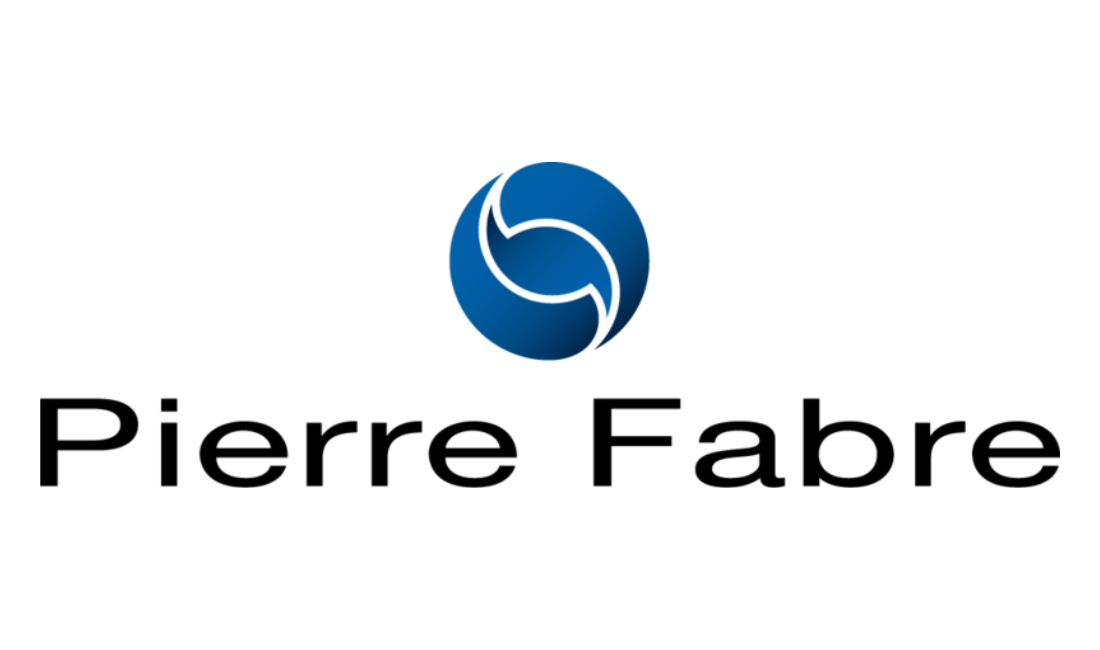
Mechanization, WMS, and 3PL

Logistical implementation
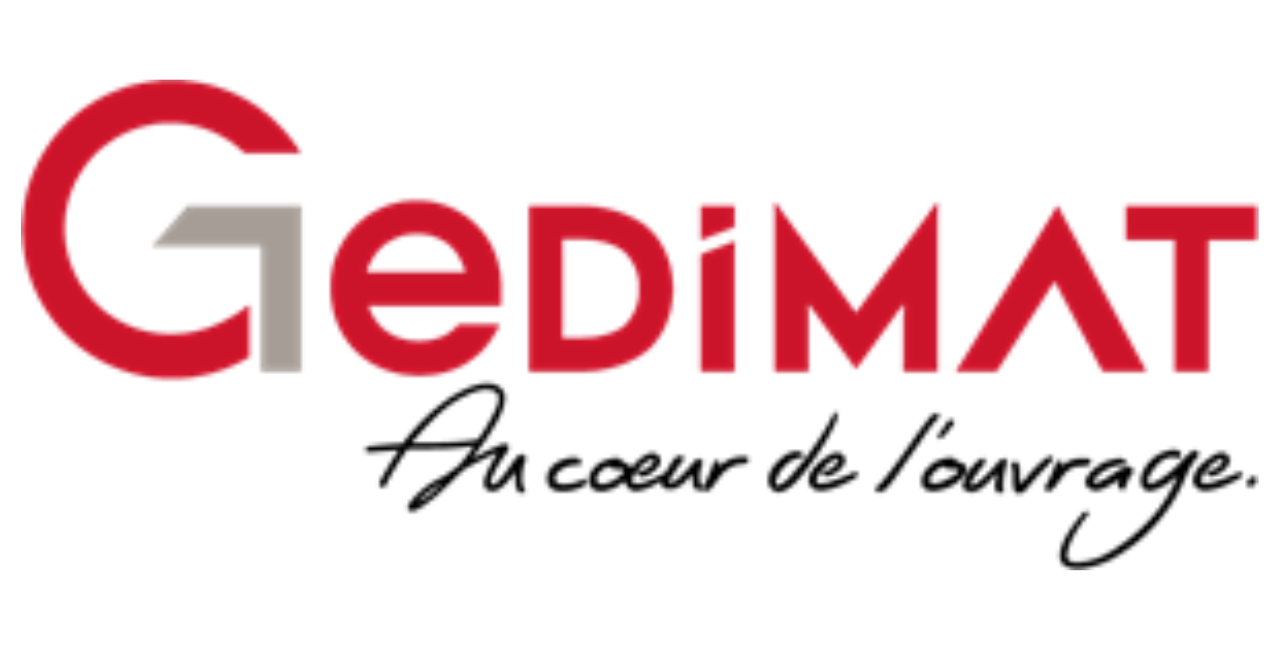
Logistical and transportation optimization
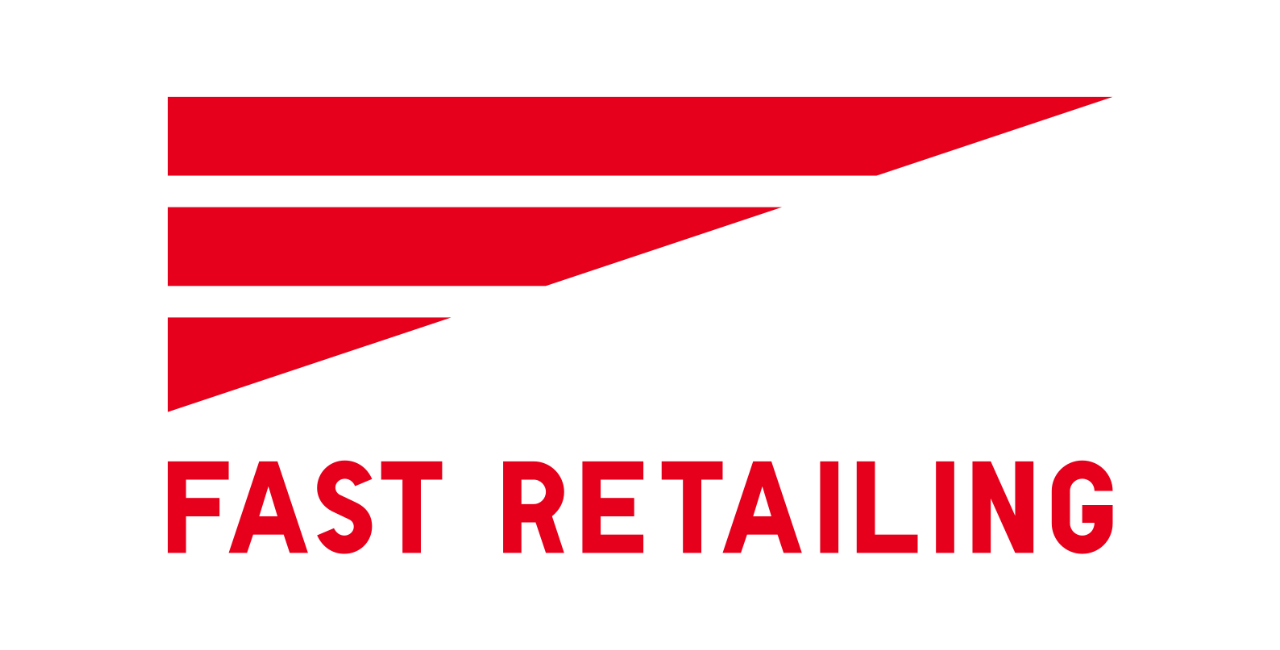
Implementation omnichannel services
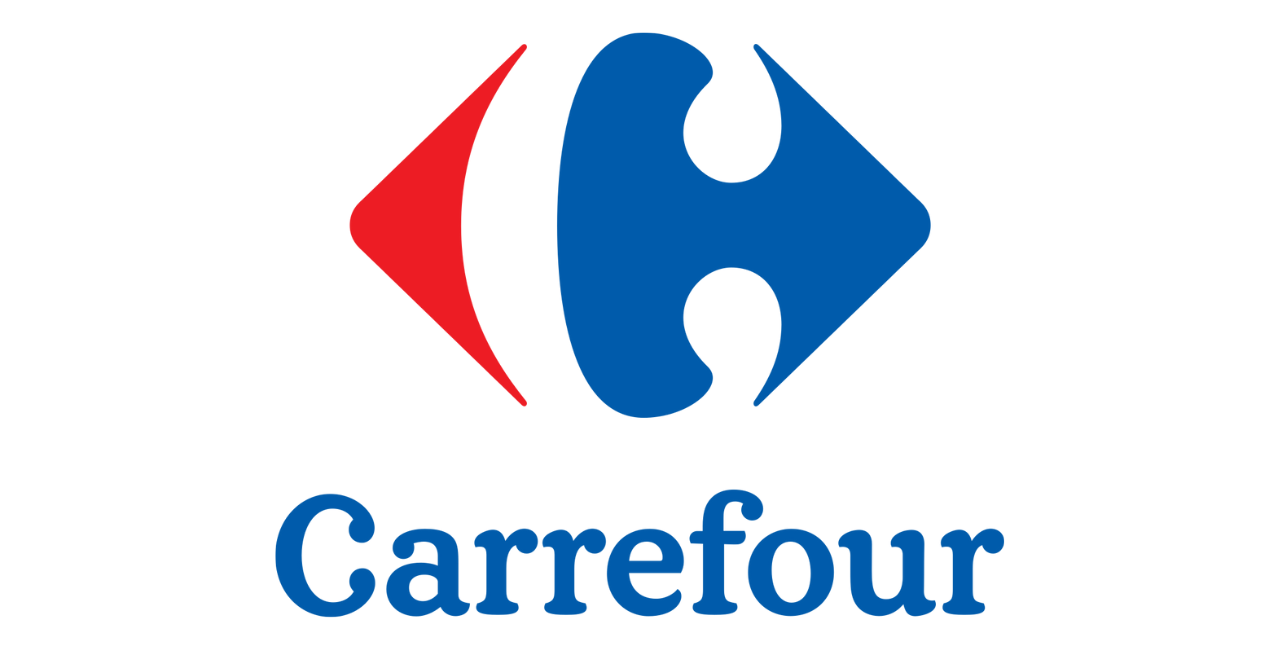
e-commerce supply chain roadmap
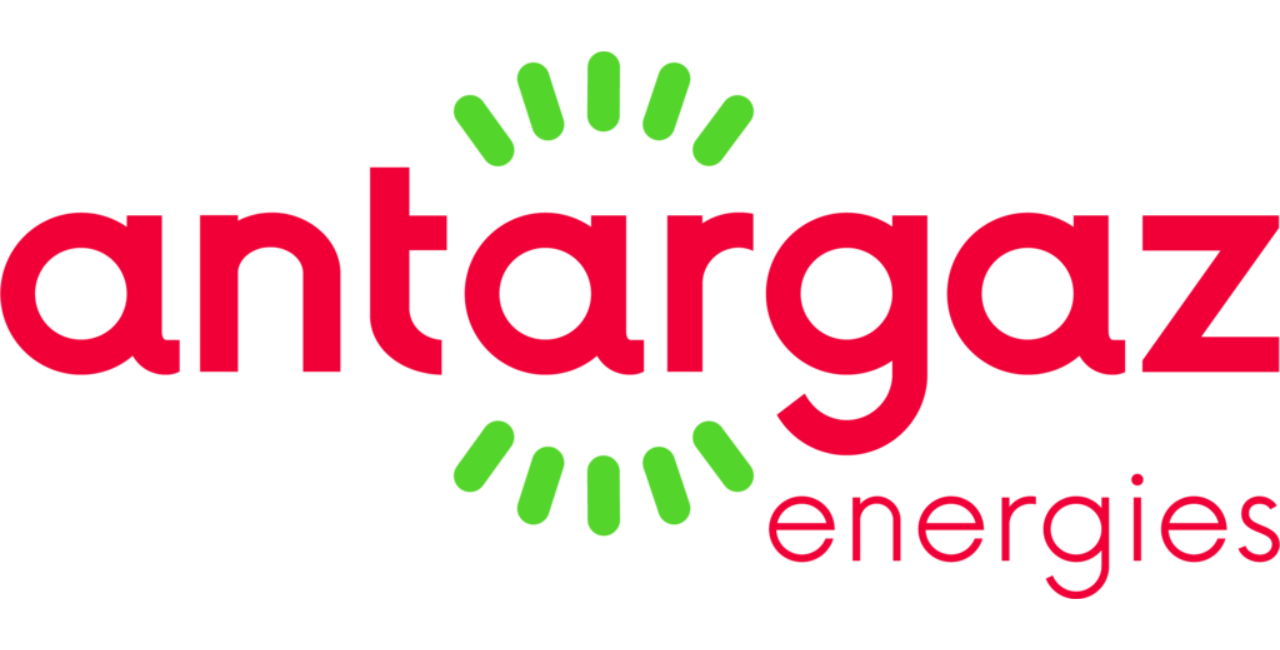
Transportation schemes & TMS
Case study


Study of the mechanization of the group's main distribution site
Our intervention
- Projection of future volumes of site activity by type of preparation and type of storage
- Identification with operational teams of areas and activities to be mechanized
- Joint identification of suitable technologies and players
- Helping to draw up the specifications leading to the mechanization call for tenders
- Participating in steering the project and leading certain key phases of the consultation process
- Analysing candidates’ proposals and helping to choose the solution
The results
- A functional response (or implementation) that meets the challenges of warehouse growth while integrating business and HSE constraints
- Compliance with the allocated budget thanks to the performance gains achieved by the technologies selected
- A solution that manages the increase in volumes
- A significant increase in site productivity
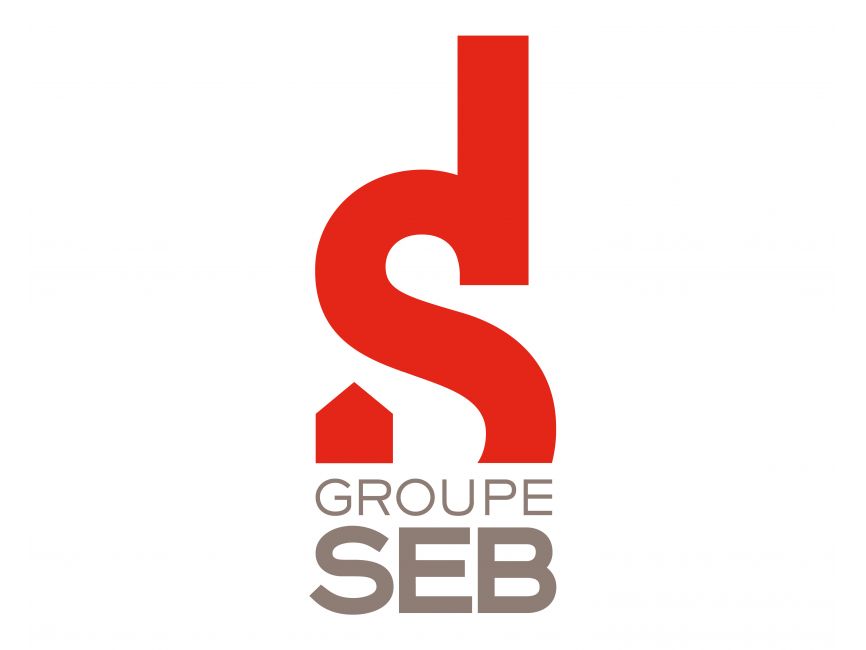

Building the roadmap for the merger of two WMF warehouses
Our intervention
- Projection of stocks against objectives in terms of number of pallet spaces
- Calculation of the impact of the merger in terms of FTEs, m² and equipment for each logistics activity
- Mapping the impact on other departments (planning, customer service, purchasing)
- Construction of a 2-year roadmap
- Establishment of the project P&L with Prolog WMF management control
- Details of necessary and potential investments
The results
- Construction of a 2-year roadmap and associated investment plan
- Highlight the sensitivity of stock levels to projected logistics costs
- Detailed and accurate costing of expected warehouse logistics gains (15% annual savings under established conditions)
They testify

« Citwell has enabled us to structure our logistics and network processes efficiently, simply, professionally and in line with our needs, all with a view to internationalising our sales and rationalising our industrial footprint. »
Emmanuel Carmier, SOMFY group Lean & Change directeur
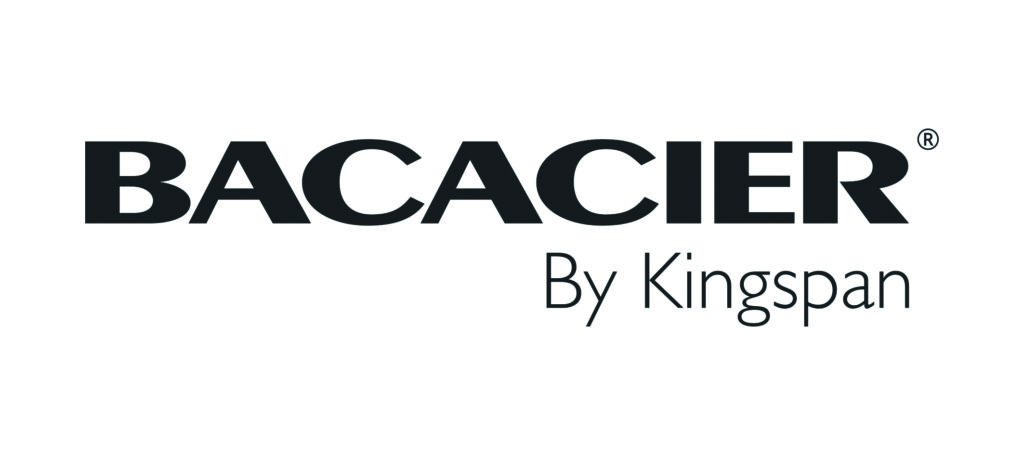
« Citwell was a key player in our supply chain transformation plan. The company's ability to listen and respond, and its proactive understanding of our needs, provided real added value in this crucial project for the Bacacier group. »
Thomas Joly, manager Supply Chain Bacacier Group
« We were looking for a company with both supply chain and transport experience and CSR expertise, which is what Citwell was able to offer and what made our choice in their favour. »
Sandra Arnaud, Sustainable developmnet and transport logistics manager